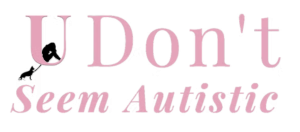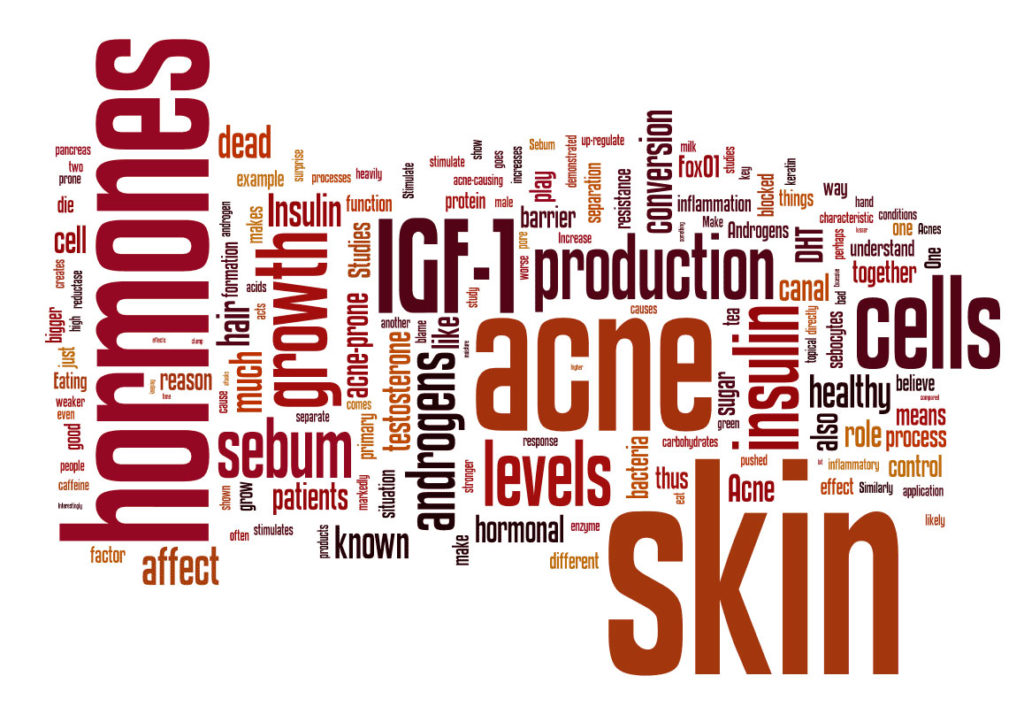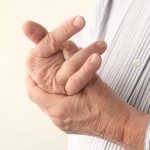Iron deficiency Anaemia is one of the most common deficiencies worldwide. Here in New Zealand approximately 29% of children under 15 are iron deficient. It is ten times more common in females than males.
Signs of deficiency include fatigue, weakness, headaches, poor immune system function, angina or chest pain, difficulty concentrating and pale skin and gums. Iron, folate and vitamin B12 are the main nutrients needed for our bodies to be able to manufacture red blood cells & haemoglobin. Red blood cells contain haemoglobin, which enables them to carry oxygen. When there are not enough healthy red blood cells to carry adequate oxygen to our tissues, we can experience feelings of fatigue. Iron is crucial for brain development in babies and toddlers, in fact, they require more iron than an adult male.
Recommended daily requirements for Iron vary, depending on age, gender and life stage, from 8 mg per day to 27 mg. Babies, teenagers, pregnant women, vegetarians and athletes, especially endurance runners need more than most. Certain intestinal disorders like Crohn’s disease and coeliac disease can impair the body’s ability to absorb iron and so this increases their iron requirements. People on very low calorie diets often do not get enough iron in their diets. Blood tests can determine if you are iron deficient
There are two different types iron: haem and non-haem iron. Haem iron is only found in animal sources such as meat, liver, fish and chicken and is easily absorbed by the body. Non-haem iron is found in plant foods, but is much more difficult for the body to absorb. One of the things you can do to improve iron absorption, is to eat vitamin C rich foods with non-haem iron containing foods. Tannin in tea and coffee reduces the amount of iron our bodies can absorb from food, so make sure you wait at least half an hour before or after a meal to enjoy these drinks. To learn how to further optimise your Iron intake, it’s worthwhile discussing this with a qualified nutritionist.
by Paula Southworth

(BSc Human Nutrition and Sports Science, Massey University)
Member of the Nutrition Society of New Zealand
See Paula from anywhere virtually through our new introductory 4 & 6 week Kereru nutrition and health coaching programs: http://www.drkathleen.co.nz/packages/#kereru.




